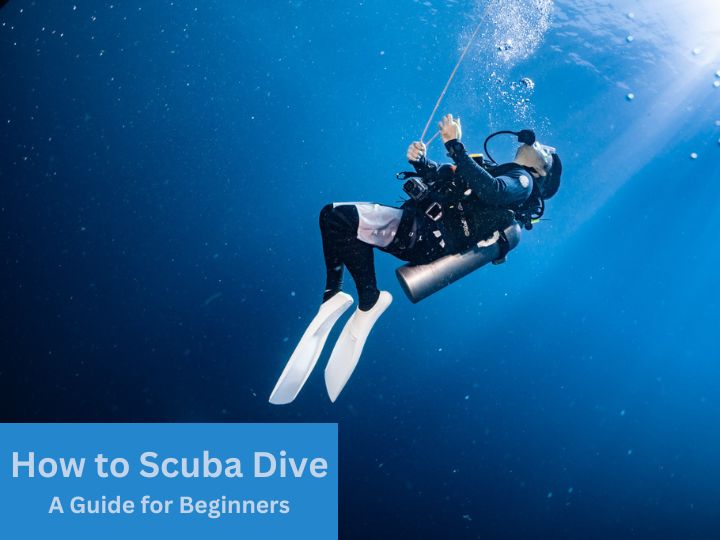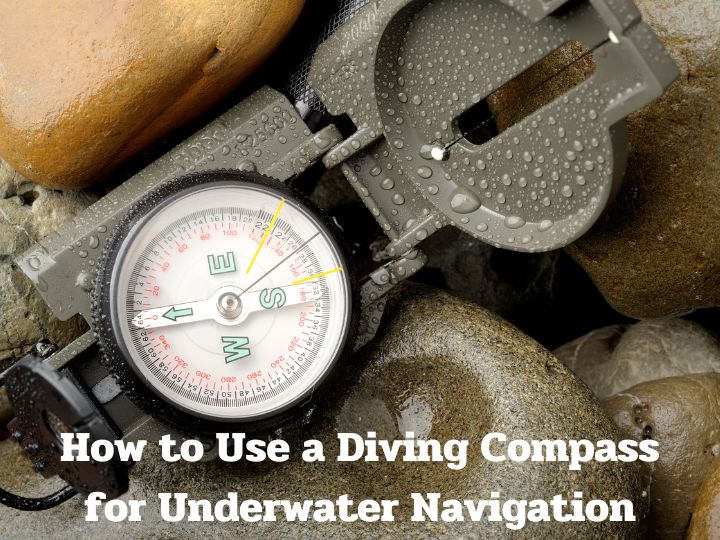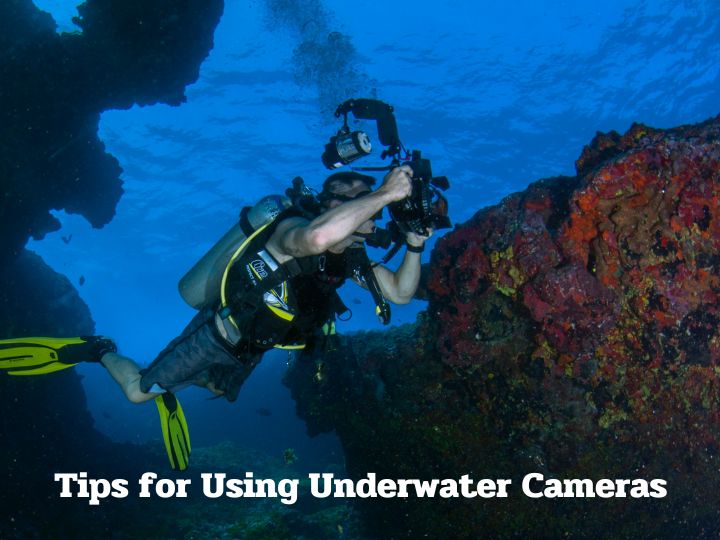
How to Pack and Store Dive Equipment for Travel
Learn how to safely and conveniently pack and store your dive equipment for travel with tips and techniques to make your journey easier, including advice from diving experts around the world.

The Importance of Proper Dive Equipment Storage
Diving is an activity that requires a lot of equipment, and storing dive gear correctly is crucial. Each piece of dive equipment plays a significant role in ensuring your safety and enhancing your diving experience. Properly storing dive gear will help ensure that these items function as expected during every dive.
1. Choosing the Right Dive Bag
Selecting a good dive bag is essential. The bag should be durable and spacious enough to accommodate all your dive equipment. Ensure the bag has compartments for delicate items like masks and dive computers.
2. Packing Your Dive Equipment
Start by packing the heaviest and largest items first, such as fins and air tanks. Fill the remaining space with smaller items like wetsuits, masks, and snorkels. Wrap delicate items with towels or clothing to protect them from impacts.
3. Maintaining Dive Equipment
After every dive, rinse your gear with fresh water to remove salt and debris. Dry the equipment before packing it in the bag to prevent mold and bacteria growth.

Techniques for Storing Dive Equipment
Properly storing dive equipment not only makes travel more convenient but also helps extend the life of your gear.
1. Storing Dive Masks
Dive masks are delicate and should be stored in a protective case or bag. Avoid placing heavy items on top of the mask.
2. Storing Snorkels
Snorkels should be stored without bending or folding. A bent snorkel can impede air flow. Store snorkels in a place where nothing heavy is placed on top of them.
3. Storing Fins
Fins are large and sturdy. Place fins at the bottom of the dive bag to create space for other gear. Wrap fins with towels or clothing to protect them from scratches and impacts.

Choosing the Right Dive Equipment
Choosing the right dive equipment will enhance your diving experience and ensure safety.
1. Selecting Dive Masks
A good dive mask should fit snugly around your face and not leak. Try on the mask and inhale to check if it seals properly.
2. Selecting Snorkels
Snorkels should have a purge valve to prevent water entry and allow easy breathing. Test the snorkel before purchasing to ensure comfort and functionality.
3. Selecting Fins
Fins should fit your feet comfortably without causing blisters. Try on the fins and swim to see if they are comfortable for use.

Diving Tips for Beginners
Diving is an activity that requires preparation and knowledge. Knowing basic techniques will help you have a safe and enjoyable diving experience.
1. Pre-Dive Preparation
Before every dive, check that all your equipment is working correctly. Test your mask, snorkel, and air tanks to ensure there are no issues.
2. Air Balance Adjustment
Balancing air is crucial for diving. Practice air balance by inhaling and exhaling slowly and steadily.
3. Using Hand Signals
Divers use hand signals to communicate underwater. Learn basic hand signals such as asking for help, indicating air levels, and pointing directions.

Transporting Dive Equipment by Air
Transporting dive equipment by air requires careful preparation to prevent damage and loss.
1. Packing Gear in a Suitcase
Use a durable suitcase with shock protection. Pack heavy items like fins and air tanks at the bottom and delicate items on top.
2. Handling Delicate Equipment
Delicate equipment like masks and dive computers should be stored separately or wrapped in towels. Use towels or clothing to protect them from impacts.
3. Preparing for Airport Security Checks
Air travel requires passing through security checks. Prepare documents such as dive certifications and insurance for inspection.








































